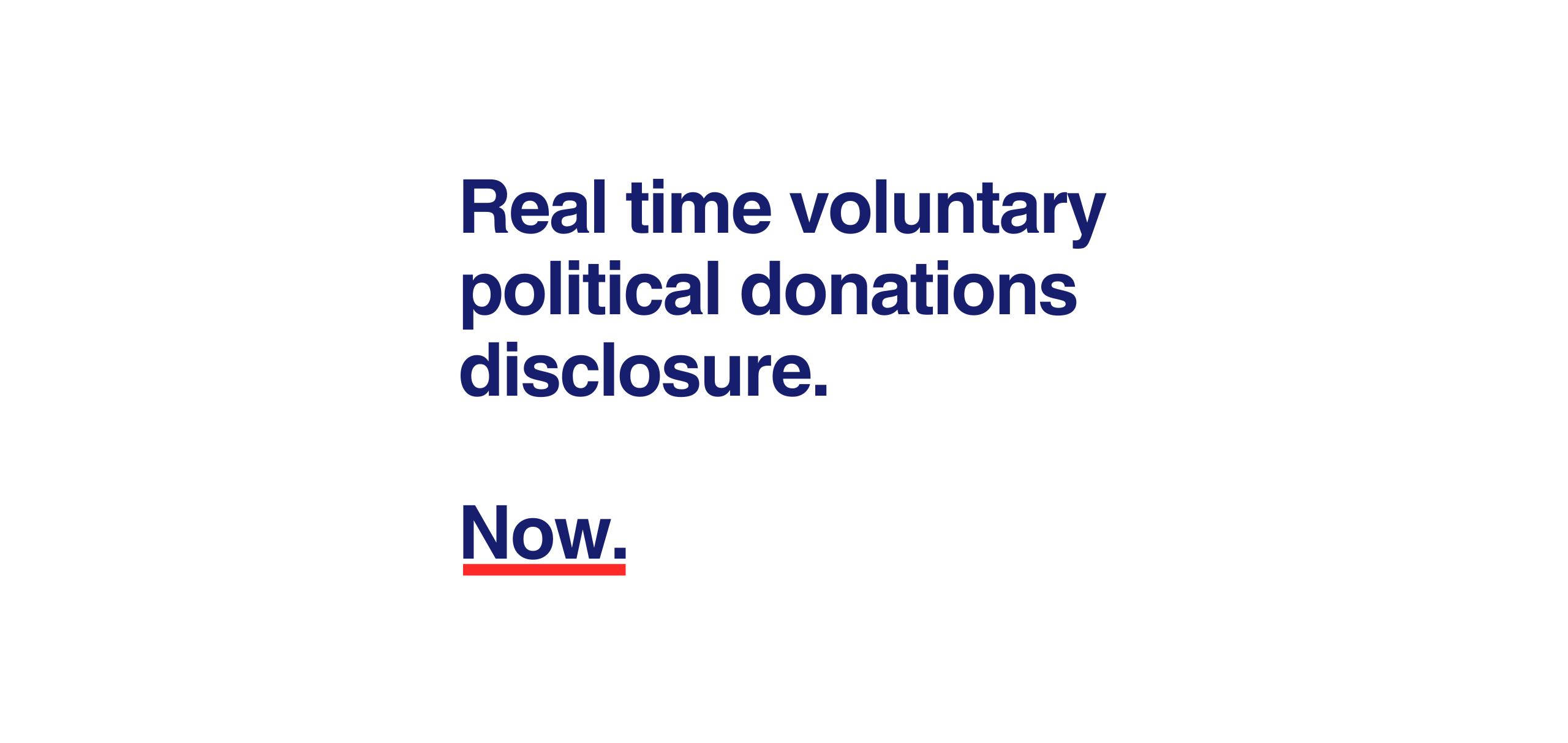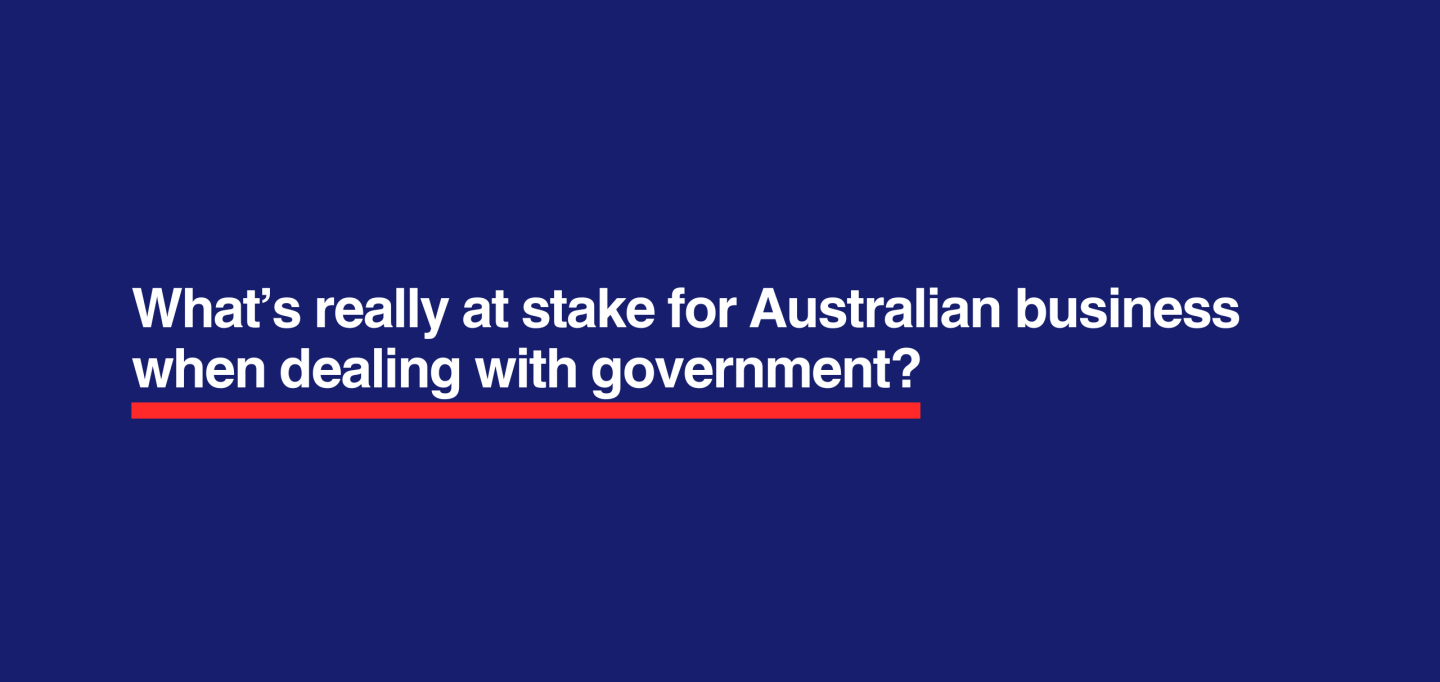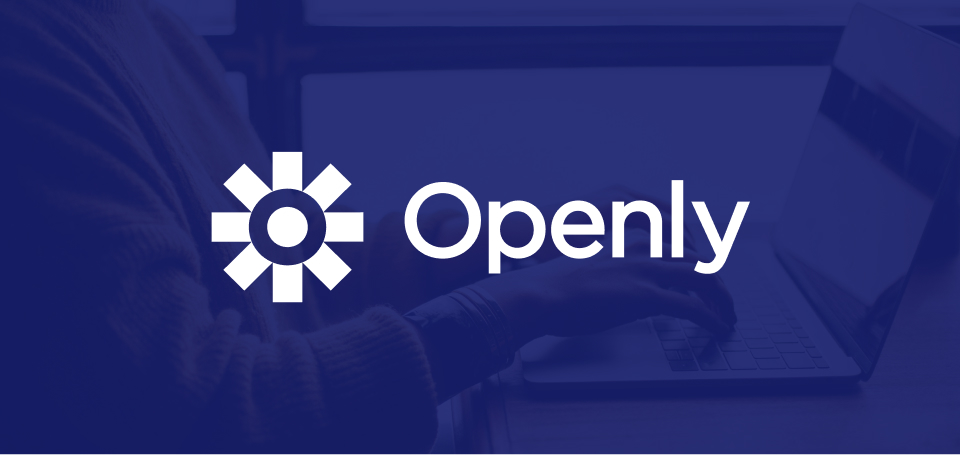A lot has happened for Rex Airlines in the last 18 months. Both government and the Parliament have been involved one way or another, at every turn. As a timely example, we learned this week that Rex Airlines donated $92,705 to Australian political parties in the last financial year - as detailed in the AEC Annual Return for 2023/2024. We had no way to know that before. The AEC Transparency Register performs a vital service in our democracy but it also underlines a major gap. If you want to know what a business - or indeed a union, or lobby group, or industry association - has donated to our Federal politicians, you need to wait up to 18 months, outside of election periods. When political issues, like Rex, move at lightning speed, is this really good enough? Openly say no.
While Canberra’s parliamentary processes remain byzantine on the donation issue, there is action business can take right now and Openly, the specialist advisor to business on corporate integrity and transparency behaviours, has several points to make the case for urgent business leadership.
Firstly, Openly’s research1 confirms an overwhelming 84% of Australians state integrity when business deals with government is important or very important to them, up from 76% the year before. So when a company chooses to make political donations this should be a threshold space to demonstrate acting with highest ethical behaviour.
Yet Openly has scored the 50 largest Australian companies with an average of just 1.7 out of a top possible score of 22 when it comes to political donations disclosure (Openly Transparency Index, November 20242). Basically this is a statement that donations are reported according to the legislation - and not much else. Indeed, the leading score - by Rio Tinto tops out at just 8.25 out of 22. This suggests that mere compliance, that is, obeying the law, which by the way is not optional, falls way short of the mark when it comes to visibility around the actual impact of political donations - and stakeholder expectations of ethical behaviour.
Openly unambiguously advocates for real time disclosure of political donations. There are policy proposals to make this happen but this relies on the political will of the major parties and the unpredictable agenda of the last sitting weeks of the current Parliament. “Real time” is already in place in Western Australia - that is, disclosure within a week outside of election periods, and within 24 hours during elections. Openly’s Index model rewards voluntary, visible and accessible disclosures, emphasising the potential for Australian business to take leadership in transparency in all aspects of political donations. Every Australian business could post its donations in real time on its website, if it chose to.
One argument is that we need to wait for the AEC to build digital infrastructure to provide a real time federal platform - this is only valid to a point. Corporations could provide real time disclosure on their own websites right now. The same information could then be posted to an AEC managed site, with all the compliance confidence that brings. But there is no actual need to wait for this. Indeed, action toward real time visibility in the upcoming election would build greater confidence in that company’s integrity.
Openly’s model against which the ASX50 was scored also include disclosures of loans (and their write offs), fee-for-service-contracts and donations to lobby groups and industry associations - all of which have been used previously and currently to obscure what are tantamount to political donations. But almost totally, there is silence on these issues… If you don’t do it, why not confirm that a company does not? Negative disclosures, that is disclosing in specific circumstances what a company does not do, would make a huge difference to any company’s transparency behaviour and how its consumers, investors, employees - and indeed voters - assess its corporate integrity. At Openly we call that moving from a compliance to a transparency mindset.
Ultimately, the AEC’s Annual Return is a compliance exercise - absolutely necessary and backed up with legal obligation and sanction, where all participants are equal in the process. However, It's also a baseline exercise when business in the current fractious environment could do so much better. And there’s clear public demand for it. Practically, this means greater transparency: taking leadership in the real time voluntary disclosure of political donations and use of negative disclosures are both an opportune way to start.
Our political donation laws may or may not change to bring greater real time visibility - for this election or after. The competing political agendas in the final sitting weeks of this Parliament are just too complex to offer clarity. But with leading Australian businesses scoring so lowly in their transparency around donations, the compliance mindset offering a refuge away from leading change, and the public overwhelmingly demanding greater integrity, Openly poses the question: Given the woeful state of public trust in corporate Australia, isn’t adopting a voluntary, real time political disclosure practice a low-risk, high-reward option our leading companies should consider urgently?
Donations are a valid and important way for business to support democracy and drive better public policy outcomes. But we can do better when it comes to disclosure, the principle of which is to even the playing field through visibility when it comes to public accountability, not to restrict donations without which democracy would have an even more difficult time functioning.
Disclosure is somewhat akin to justice … delayed is denied. There is more than an opportunity for business to take greater leadership in transparency when it comes to real time, voluntary and visible disclosures of political donations. In fact, it's more than an opportunity, its an imperative.

Nick Stravs is CEO of Openly, a specialist advisor to business on transparency, integrity and ethical dealing with government.



